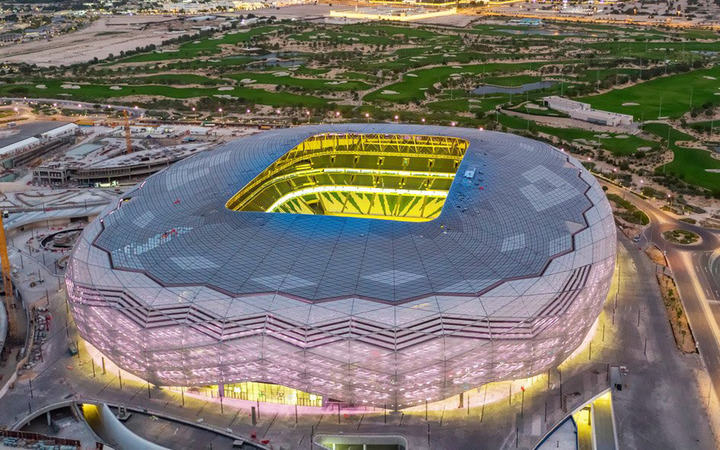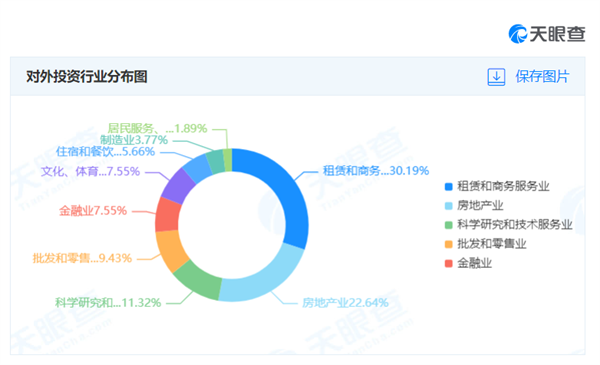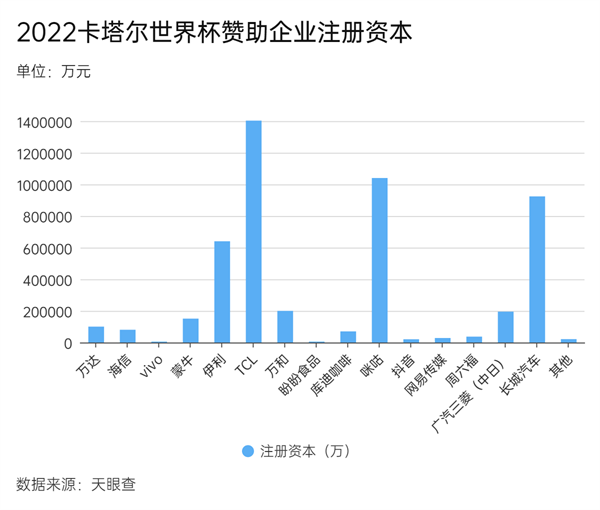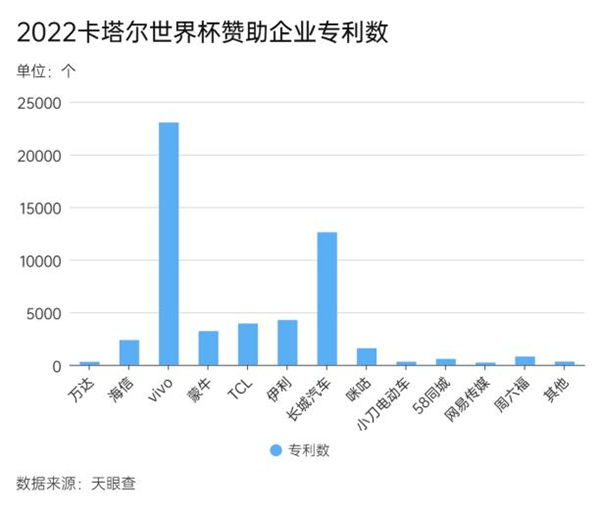The 2022 Qatar World Cup opened last night. As the most concerned individual sports event in the world after the Olympic Games, the energy of the World Cup has not only ignited the enthusiasm of global fans, but also become a commercial event scene for many enterprises in the world to “pursue competition”.
The natural attention and traffic resources of the World Cup have expanded the competition from 32 teams on the field to major enterprises around the world. According to relevant statistics, the income of the last World Cup in 2018 was 5.357 billion US dollars. Although the world economy has been impacted by the COVID-19 epidemic in recent years, according to professional forecasts, this World Cup will still create a total income of billions, or more than 4.5 billion US dollars.
It is worth noting that in this wave of “business war”, there are also Chinese brands. According to media reports, in this World Cup, Chinese brands have become the largest sponsors of the Qatar World Cup, surpassing such iconic American brands as Coca Cola, McDonald’s and Budweiser.

From official partners to sponsors, Chinese enterprises appear in Qatar World Cup
Although the Chinese football team is still out of the World Cup this time, as a remedy, the figure of Chinese brands and Chinese elements have achieved a real sense of “omnipresence” in and out of the World Cup, and China has become the most important partner of Qatar’s World Cup.
Chinese enterprises occupy four important seats in the official sponsorship list of the World Cup. Whether Wanda Group, one of the official partners of FIFA, or Hisense Group, vivo, Mengniu Dairy, the sponsors of the World Cup, are all important “Chinese faces” of this top event.
Among them, Wanda Group has become the largest sponsor of the Qatar World Cup so far, and is one of the seven international official partners with Coca Cola, Adidas, Hyundai, Kia, Qatar Airlines, Qatar Energy and Visa. It is also the highest level sponsor of the World Cup.
Tianyancha data shows that Wanda Group has continued to invest in real estate, business, science and technology, and financial services. A 15 year agreement between Wanda Group and FIFA covers all World Cup events up to 2030. It is worth mentioning that this is also the second time Wanda Group has sponsored the World Cup in a row. In the last Russian World Cup, Wanda Group also invested hundreds of millions of dollars.

At the same time, Vivo, the representative brand of China’s electronic products, is expected to spend a total of 450 million dollars to reach a six-year sponsorship agreement including the 2017 Federation Cup and the 2018 and 2022 World Cups; Hisense Group and Mengniu Dairy have committed to invest US $35 million and US $60 million for the 2022 Qatar World Cup.
Multi action of Chinese brands of signed national teams and star players highlights the “diversity” of going to sea
It is understood that in this international top event, in addition to directly sponsoring the FIFA World Cup, some Chinese enterprises will also focus on the participating national teams.
Yili has cooperated with four national teams, including Argentina, Portugal, Spain and Germany. At the same time, it also has four football stars, including Ronaldo, Buckham, Wu Lei and Neymar, as brand spokesmen; NetEase Media Technology announced that it will become the exclusive network media partner of France and Argentina in China; Vantage shares signed a contract with the Portuguese national football team; Mengniu Dairy focuses on star players Messi and Mbape.
Relevant statistics show that Messi’s Argentine national football team has cooperated with at least six Chinese enterprises and become the “favorite” of Chinese enterprises. Chinese enterprises may be making some “predictions” about Messi’s winning the “World Cup” in his last World Cup through sponsorship.
According to the data of Tianyan Survey, among all Chinese enterprises sponsoring the World Cup, FMCG food, household appliances, automobiles and other industries are particularly fond of sponsoring the World Cup. Among them, there are many enterprises with strong registered capital. For example, TCL, an intelligent manufacturing technology enterprise that joined hands with Brazil in the World Cup, has a registered capital of 14.03 billion yuan, which can buy about 70 million World Cup commemorative soccer balls, enough to cover 1500 football fields.

In fact, the enthusiasm of Chinese enterprises to participate in the sponsorship of the World Cup has never diminished, and they have gained more attention and benefits through this world event. In particular, in the domestic downturn affected by the epidemic, more and more enterprises have begun to pay attention to the World Cup and event marketing in order to achieve greater benefits.
On the other hand, in order to achieve rapid growth, enterprises should not only “brush their faces” frequently at world-class events, but also emphasize excellent technology and product strength. Like Hisense, Vivo and other brands that are sponsors, by sponsoring the World Cup, while becoming a first-line brand, they continue to invest and make efforts in technology research and development to make it possible for the brand to achieve high-end development. According to the data of Tianyan Survey, among the sponsors of the Qatar World Cup in 2022, including vivo, Great Wall Motors and other enterprises, they have obtained tens of thousands of technical patents, and sponsoring the World Cup will undoubtedly help them to move towards the fast lane of enterprise growth.

It is true that the way Chinese enterprises cooperate with the World Cup is not limited to signing contracts with FIFA, teams and stars. It also includes the main stadium of the Qatar World Cup, the Russell Stadium, which was created by China Railway Construction International Group; The “small commodity team” of the World Cup is more from Yiwu, Zhejiang Province. From flags, football, autumn clothes, souvenirs, etc., “Yiwu made” accounts for almost 70% of the market around the Qatar World Cup.
In fact, Chinese enterprises have created many precedents in sponsoring international large-scale events in recent years. Although sponsorship is always a “high-level” game for enterprises, which represents a large amount of investment, through such a stage as the World Cup, many enterprises have made Chinese brands more popular in the world through various diversified participation methods. In the long run, it will undoubtedly create a positive market environment conducive to the marketing of national brands and the overall process of Chinese brands going to sea.
Based on the dynamic big data of Chinese enterprises, through the inventory of China’s power hidden in the Qatar World Cup, Tianyancha Data Research Institute shows that international sports events will bring exciting business benefits to Chinese enterprises. In addition to the “high-end players” who sponsor the World Cup, other enterprises such as sports venues and facilities, equipment suppliers, operators, and digital products, electronic large screen fields, even snacks, beer Enterprises such as braised food have the opportunity to join in the marketing trend of the World Cup through appropriate marketing activities, and obtain more valuable product efficiency benefits besides enjoying every game carnival.